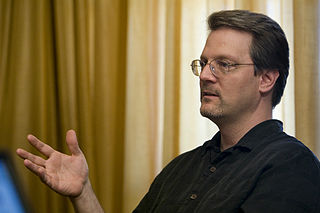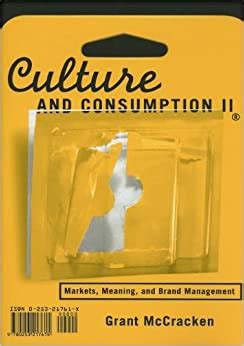A Quote by Michelle Obama
When the average child is now spending nearly eight hours a day in front of some kind of screen, many of their opinions and preferences are being shaped by the marketing campaigns you all create. And that’s where the problem comes in.. ... And I’m here today with one simple request - and that is to do even more and move even faster to market responsibly to our kids.
Related Quotes
Maybe we, the cultural workers , could apply ourselves. We're not going to resolve it in this moment or even in this generation, but perhaps as some kind of agenda we could invite our writers and cultural workers to address the problem a little more responsibly, because people are suffering tremendously from a want of data.
If you could distill this down to a single principle its that the best marketers in the world know MARKETS first and foremost, and secondly they're students of MARKETING. It's more important to know a MARKET than to know MARKETING, and I teach people MARKETING! And so, as far as this seminar is concerned, it's all about knowing a market, and it's so thorough that even if you don't have personal experience in that market you can still go into it and find out, what are the things that people will pay money for!
Now is the accepted time, not tomorrow, not some more convenient season. It is today that our best work can be done and not some future day or future year. It is today that we fit ourselves for the greater usefulness of tomorrow. Today is the seed time, now are the hours of work, and tomorrow comes the harvest and the playtime.
There was no name for the disease; his body had gone insane, forgotten the blueprint by which human beings were built. Even now the disease still lives on in his children. Not in our bodies, but in our souls. We exist where normal human children are expected to be; we're even shaped the same. But each of us in our own way has been replaced by an imitation child, shaped out of a twisted, fetid, lipidous goiter that grew out of Father's soul.
What type of new economical system can organize this system? There is another sector in our life, that we rely on every single day, that are absolutely essential: the social commons, the social economy. It is all the activity we engage in to create social capital. It doesn't create capital market. Social commons is growing faster than the market place. It is growing faster than the market place. The social commons include any activity that is deeply social and collaborative.
Historically, education has been about batch processing: standardize everything against the average, rank kids, sort them to see who gets more and who really doesn't deserve to be there. The problem, even if you're just being selfish from an economic standpoint, is we're not producing the talent we need.

































